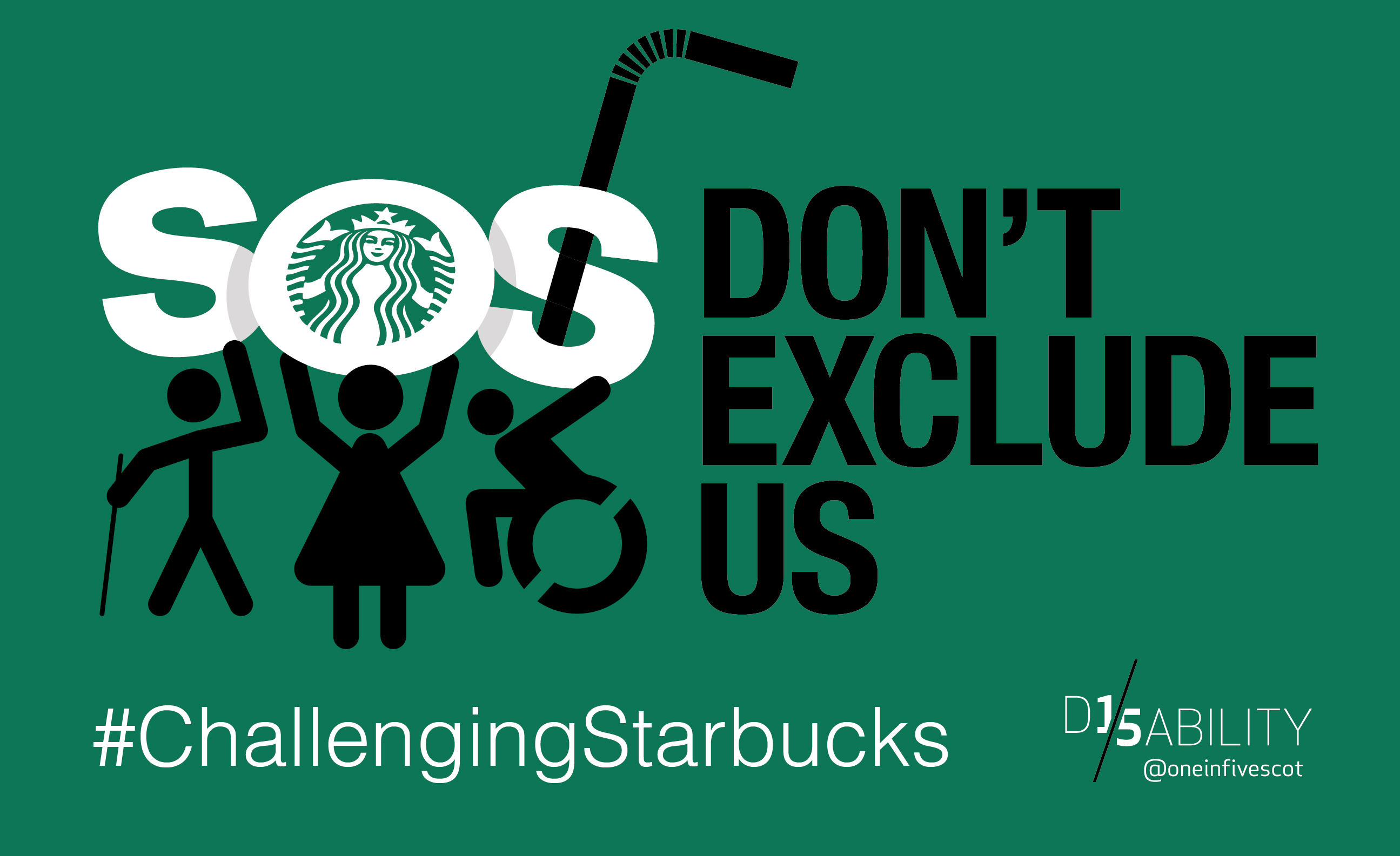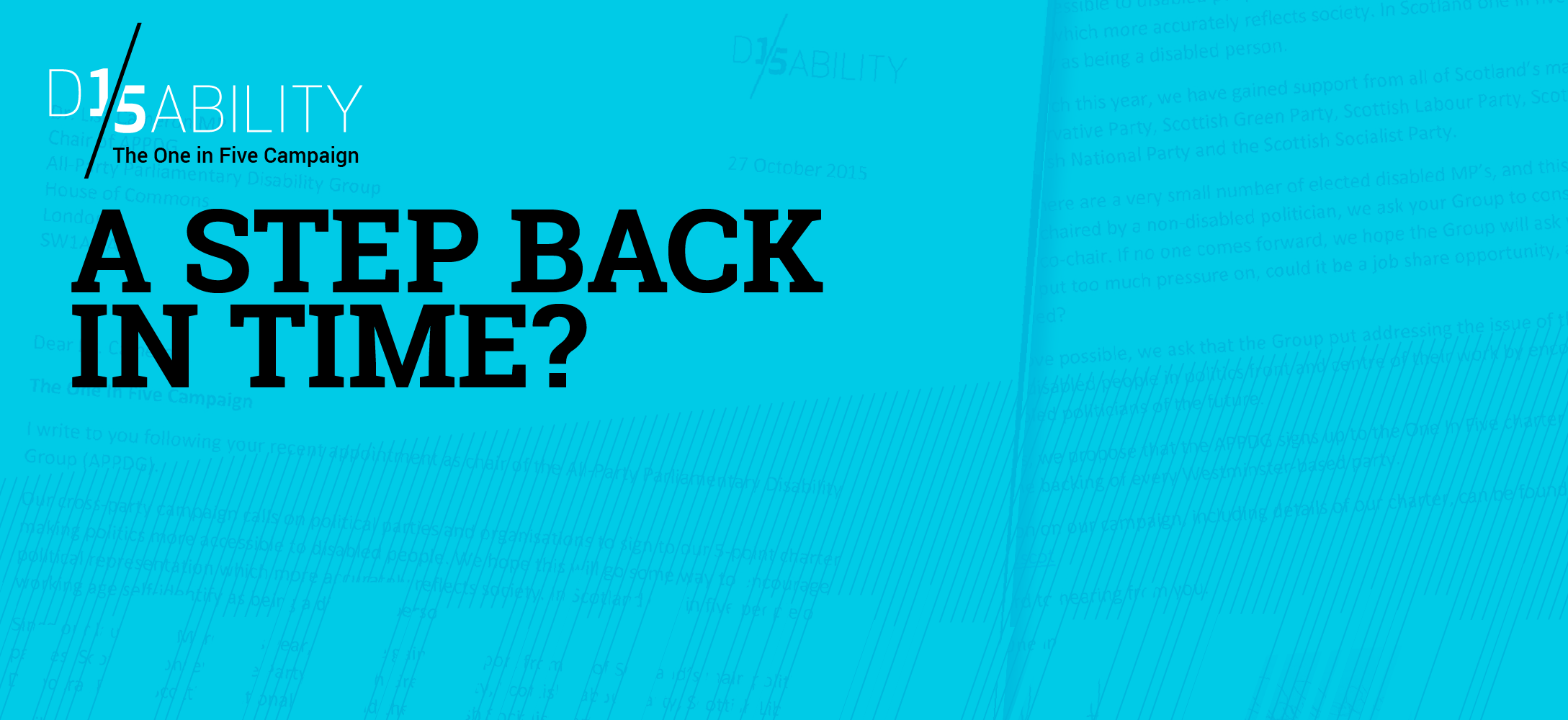by Ryan McMullan | @RyanMcmullan_
Why did I get involved with politics? This is a difficult question to answer. In reflection I stumbled into it out of a realisation that society does not always understand those with disabilities. I could be mean about society stating that they are selfish and uncaring, however I know this is not true. Maybe you need a bit more background information first.
I was born with Cerebral Palsy and, growing up in a political unstable Northern Ireland, I was presented with many contradictions. It was a society that was always caring and friendly, but only as long you fitted in. In a sense I was the underdog, the happy guy that was always smiling but who no one understood when in conversation. There was always a shame within me that I had Cerebral Palsy. I never really understood it and, out of a conservative embarrassment, no one explained it to me. I was treated differently everywhere I went, always feeling I had to prove that I was not stupid. I myself in turn had disablist prejudices to other disabled people; this is the first time I have ever admitted to this.
At the age of ten I was moved to a mainstream school – here my disability was all the more apparent. I struggled at the beginning as I had missed some basic early education. My parents attained the services of a private after-school tutor to close this gap. Within a year I improved drastically. I was no longer in remedial and was achieving high grades with my peers. Politically I don’t generally agree with private education; my parents could afford it but many families, especially with disabled children, cannot.
I ended up going to one of the best grammar schools in Northern Ireland. I had a personal assistant following me from class to class. I was treated differently- in hindsight I was bullied. I hated it and could not wait to leave school as well as Northern Ireland. As a gay teenager I saw that the ‘good and decent’ conservative Christian mindset was wrong, it was prejudiced and discriminatory, supporting only those that were deemed acceptable. Ever since I have always questioned the status quo and, at the same time understood the mindset of some areas in the United Kingdom: not everyone in that area is the same.
Fast forward to 2010 when the Tories come to power. I was earning a high salary with a Scottish city council (not Edinburgh). I had been there for three and a half years and I was made redundant on Christmas Eve with a day’s notice. Yes, I had been on a rolling six month contract and I had asked for some special requirements. I was starting to feel the strain constantly proving I was just as capable as someone who did not have impairments without any adjustments. I could go into great detail how appalling my treatment was by some but it’s now ancient history.
I believe that my treatment reflected society’s social attitudes. They had been manipulated by the Tories and by the press into thinking that disabled people had it easy; they needed to pull up their socks and to contribute more. Why is this, were we just scapegoats? Well I we say one in five people has a disability – then that is only twenty per cent of the electorate. It might suit better the other eighty per cent to pay less taxes and look after their own interests, understandably many people vote for issues which suit them best.
I like to think society fails to see that people are not born equal, for example due to inherited poverty or a disability, access to education and social inclusion being major grave barriers. People are more swayed and influenced by stories of few individuals abusing the welfare system rather than recognising inequality from birth. This dismays me and I wish to change the outlook of my fellow man.
During the past while I have learnt that I need be positive. Being negative and angry with society only gets peoples’ backs up. It does your image no good as you are seen as a ranting and raving disabled guy, only interested in disabled issues. I believe disabled issues should be interwoven into all areas of the political landscape and I have been working hard in grasping knowledge from other political fields.
A major barrier is that if people do not know me personally or are unaware of my background, due to my speech I feel that I still have to prove that I am articulate and intelligent. Perhaps a common assumption is that if you have slow or unclear speech you are intellectually impaired. Additionally peoples’ perception is often that a physical disability indicates a learning disability.
Another barrier was that I used to be embarrassed by writing things down and using a speech synthesiser to communicate with people. This is the most effective way of getting my point across in a conversational situation. I am no longer concerned by making people to wait for them to hear what I have to say, though I make my upmost best that my point is precise and interesting – this can be a struggle as I might over-think and over-analyse.
In conclusion I have become a disabled activist as a result of the way society has treated me, I have struggled terribly in finding employment since 2010. I was lucky to have parents that I could rely on if I was short of a bob or two. Though pride often left me with little or no money every week, in a particular low period I was living on ten pounds a week for food, this lasted about four months.
For many disabled people this is a constant struggle; some don’t know any different. I feel I have a duty to other disabled people to strive to make their lives better and more fulfilling. I am deeply ashamed that I was once influenced by society and had disablist thoughts towards those included in the social model of disability. If I had such thoughts then perhaps I can see why others who don’t experience inequality may have ignorance and a sense of entitlement. I will use my education and empathy to make life better for one hundred percent of the electorate.




